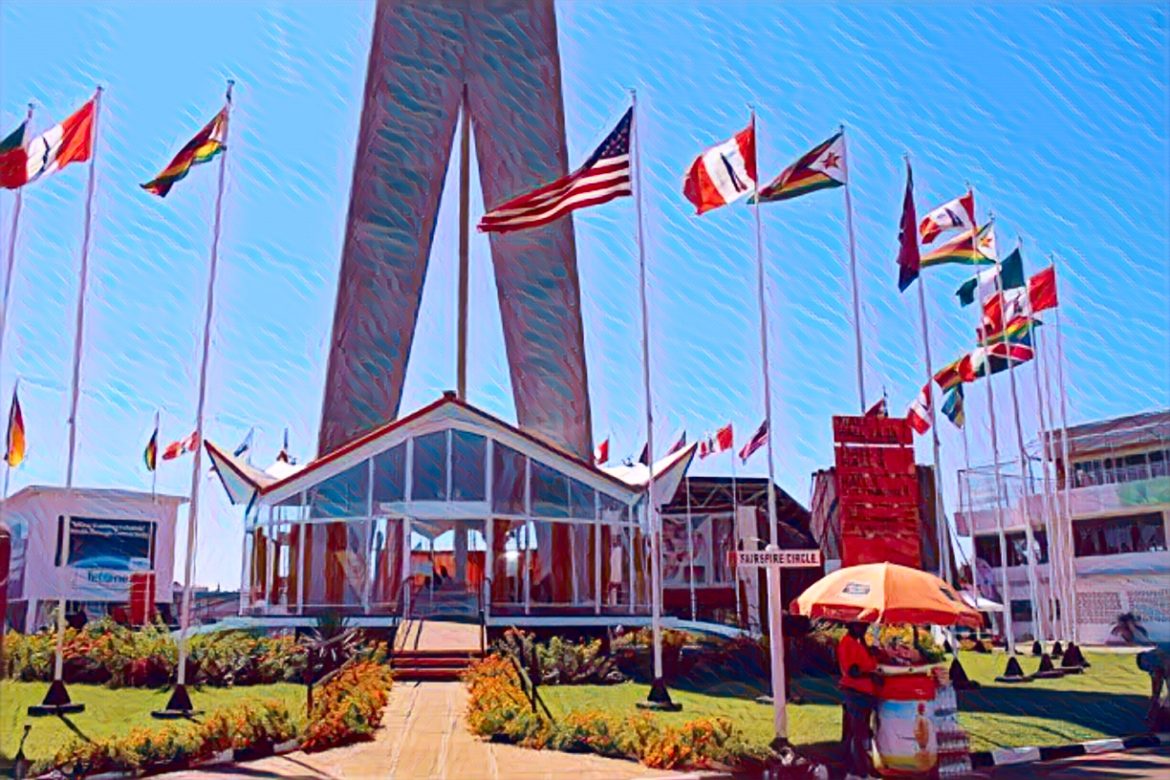KEY POINTS
- Zimbabwe’s “open for business” policy attracts international investors through relaxed ownership laws.
- Investment incentives include tax holidays, duty exemptions, and foreign currency account privileges.
- Infrastructure development, like private sector involvement in railways, boosts trade efficiency.
Zimbabwe has undertaken several initiatives to attract and retain international business, focusing on policy reforms, investment incentives, and infrastructure development.
Policy reforms
In 2018, the Government of Zimbabwe adopted an ‘open for business’ policy, to encourage Foreign Direct Investment (FDI).
Part of this saw the removal of the Indigenization and Economic Empowerment Act’s requirement for majority indigenous ownership in most sectors; allowing foreign investors to fully own their businesses.
The establishment of the Zimbabwe Investment and Development Agency (ZIDA) serves as a one-stop shop to promote and facilitate both domestic and foreign investment.
Investment incentives
To further entice foreign investors, Zimbabwe offers various fiscal incentives.
Tax holidays, duty exemption on capital equipment, and the ability to repatriate 100 percent of dividends and disinvestment proceeds also are included.
Among other things, the government also permits foreign investors to have the Foreign Currency accounts (FCAs) and the ability to borrow both domestically and offshore.
Infrastructure development
Recognizing the importance of infrastructure in attracting investment, Zimbabwe has opened its state-owned railway network to private players to boost freight volumes.
This move aims to revitalize the National Railways of Zimbabwe (NRZ), which has suffered from decades of underinvestment.
Companies like South Africa’s Grindrod have deployed locomotives and wagons to support this initiative, enhancing the efficiency of mineral exports.
Challenges and ongoing efforts
Despite these efforts, Zimbabwe faces challenges in creating a fully conducive environment for international business. Policy inconsistency, bureaucratic hurdles and economic instability still rule out investors.
To address these concerns, the government is engaging in dialogues with international creditors and financial institutions to restructure its external debt, aiming to restore confidence and access to global financial markets.
In conclusion, while Zimbabwe has made notable strides in reforming its policies and infrastructure to attract international business, sustained efforts are required to overcome existing challenges and create a stable, investor-friendly climate.


